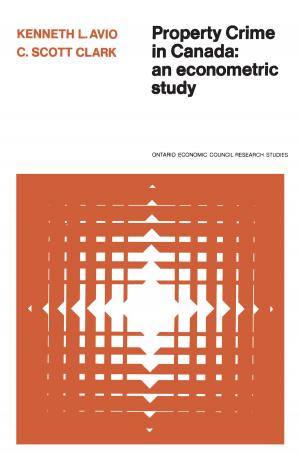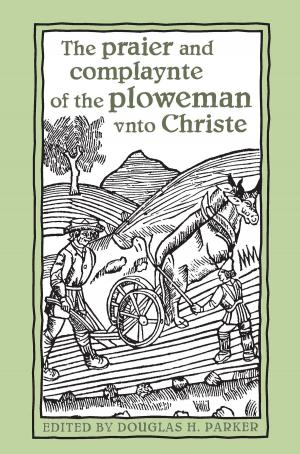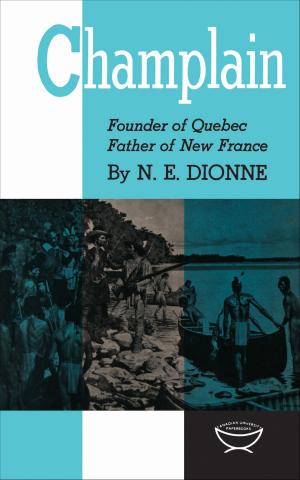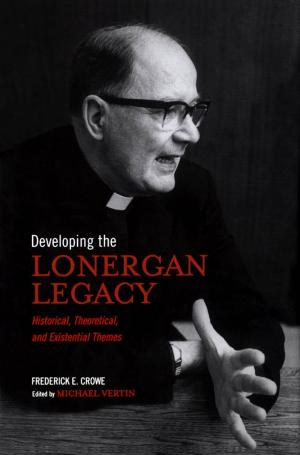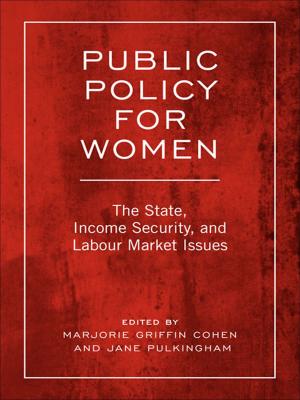Fathering
Promoting Positive Father Involvement
Nonfiction, Social & Cultural Studies, Social Science, Social Work, Sociology, Health & Well Being, Psychology| Author: | ISBN: | 9781442624689 | |
| Publisher: | University of Toronto Press, Scholarly Publishing Division | Publication: | November 26, 2015 |
| Imprint: | Language: | English |
| Author: | |
| ISBN: | 9781442624689 |
| Publisher: | University of Toronto Press, Scholarly Publishing Division |
| Publication: | November 26, 2015 |
| Imprint: | |
| Language: | English |
In the past few decades, researchers and practitioners have moved away from the idea of fatherhood as a single, monolithic concept. Examining the challenges of vulnerable fathers such as those in poverty or in prison, they have developed valuable new strategies for cultivating the positive involvement of fathers in the lives of their children.
Drawing on the innovative work of Prospère, a Quebec organization that brought together fathers, university researchers, and health and social service practitioners, Fathering details innovative approaches that support positive father involvement. It provides numerous examples of strategies and interventions with fathers, lessons learned from these practices on how to better support vulnerable fathers and families, and in-depth information on ways of designing, implementing, evaluating, and disseminating the results of participatory action research (PAR) – a methodology which put fathers at the heart of the project’s decision-making.
In the past few decades, researchers and practitioners have moved away from the idea of fatherhood as a single, monolithic concept. Examining the challenges of vulnerable fathers such as those in poverty or in prison, they have developed valuable new strategies for cultivating the positive involvement of fathers in the lives of their children.
Drawing on the innovative work of Prospère, a Quebec organization that brought together fathers, university researchers, and health and social service practitioners, Fathering details innovative approaches that support positive father involvement. It provides numerous examples of strategies and interventions with fathers, lessons learned from these practices on how to better support vulnerable fathers and families, and in-depth information on ways of designing, implementing, evaluating, and disseminating the results of participatory action research (PAR) – a methodology which put fathers at the heart of the project’s decision-making.


